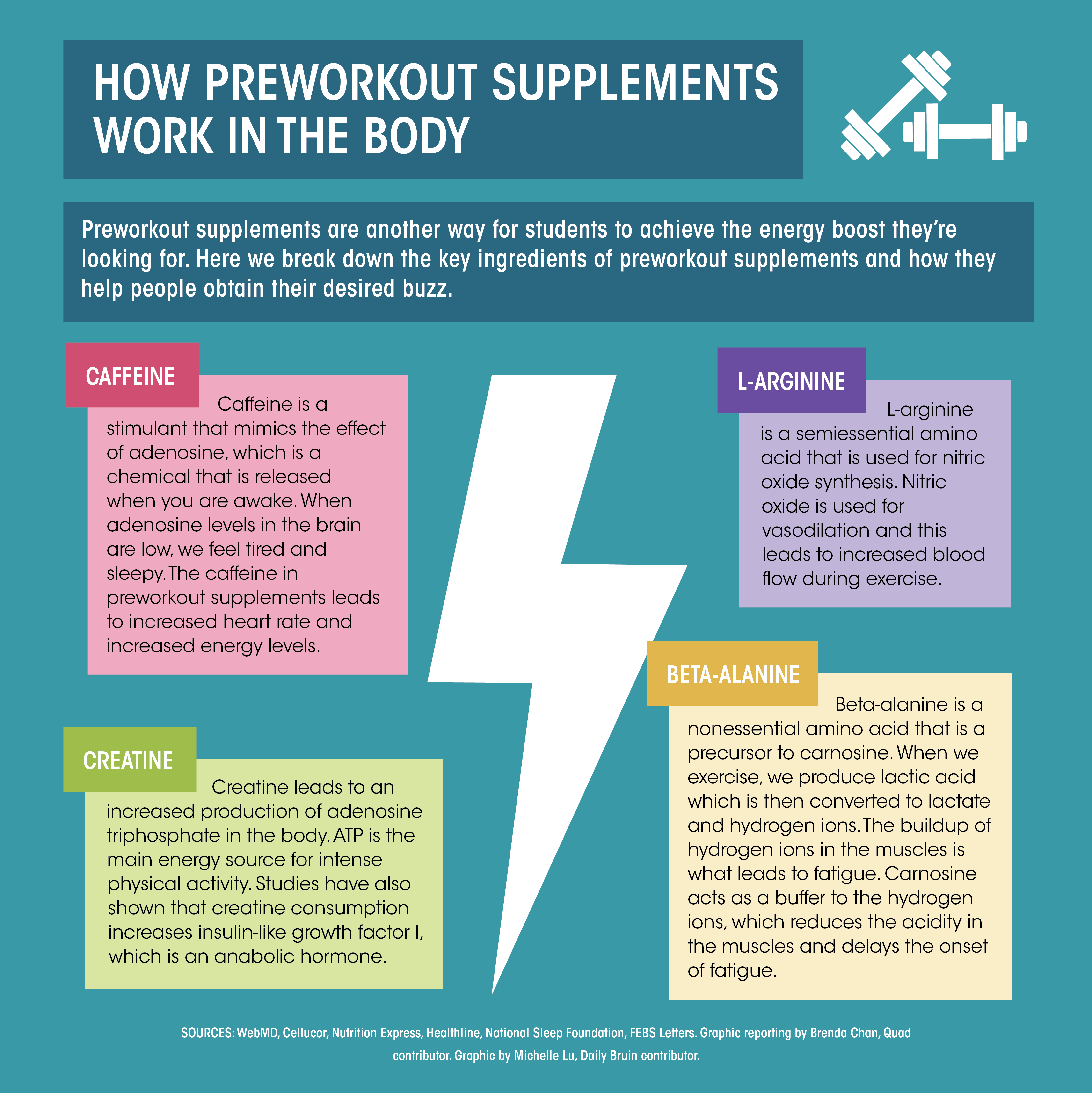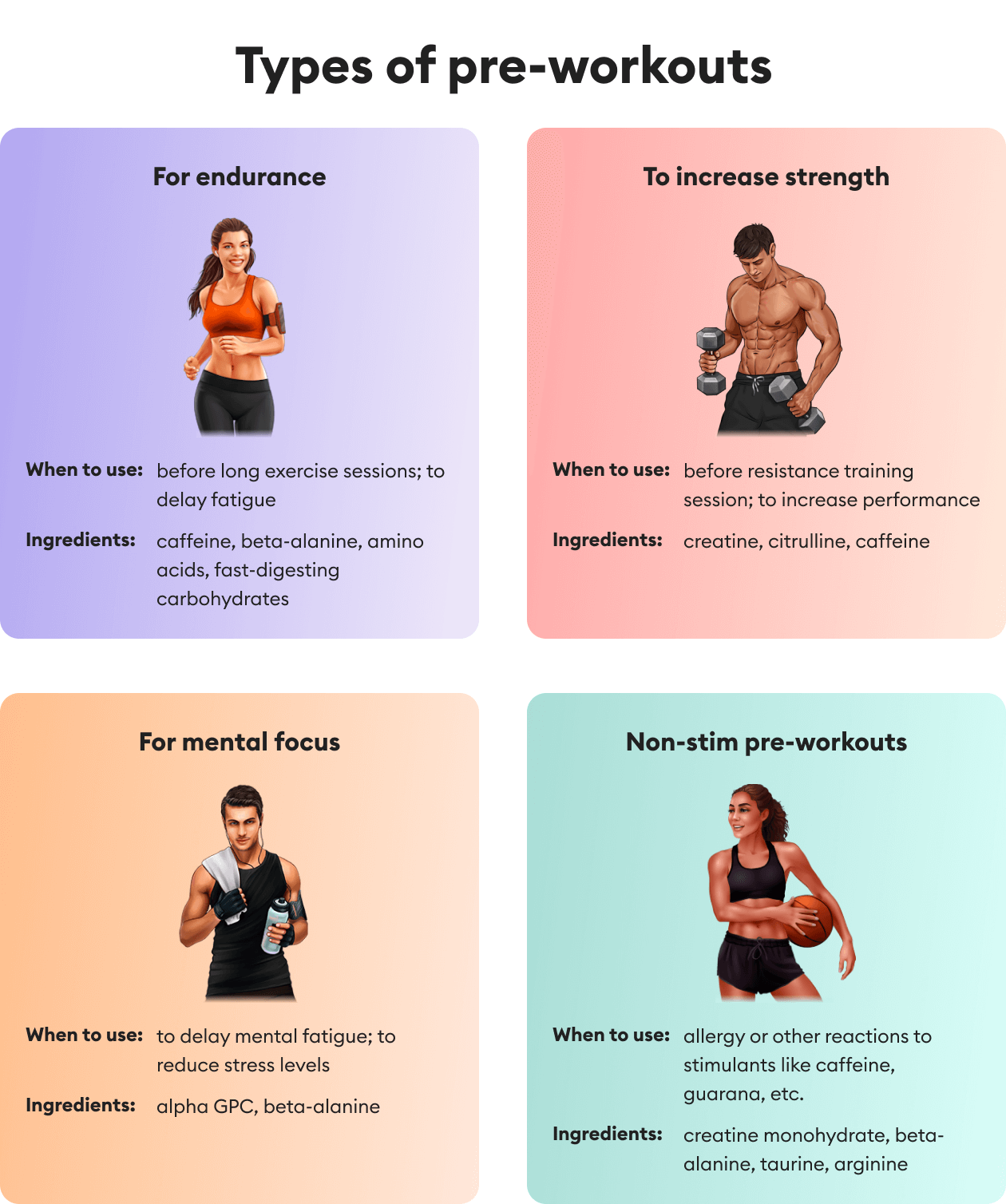Ever been in the gym and noticed a fellow lifter downing a neon-colored drink before hitting the weights? This commonplace ritual is backed by sizeable investments in pre-workout supplements boasting improved energy and endurance. With an industry valued at over $13 billion, there’s no shortage of enthusiasm and debate surrounding their efficacy.
The roots of these supplements trace back to bodybuilding communities in the early 1980s, and since then, they’ve evolved significantly. Research reveals that key ingredients like caffeine and beta-alanine have shown benefits in enhancing performance. As per a 2018 study by the Journal of the International Society of Sports Nutrition, individuals experienced better resistance training outcomes after taking pre-workout supplements.

Pre-Workout Supplements: A Brief History
The concept of pre-workout supplements began gaining traction in the 1980s, primarily among bodybuilders. During this era, athletes were experimenting with various substances to enhance performance. These early formulations often included basic ingredients like caffeine and amino acids.
As the fitness industry evolved, so did pre-workout supplements. The 1990s saw the rise of more sophisticated products. Companies started to incorporate a blend of stimulants and nutrients to cater to a broader audience.
By the early 2000s, pre-workout supplements were becoming mainstream. Fitness enthusiasts and athletes alike began using them for an extra boost. Brands invested heavily in advertising, promoting the benefits of enhanced endurance and energy levels.
Today, the market for pre-workout supplements is vast and varied. From powder forms to ready-to-drink options, there’s something for everyone. These supplements are engineered to meet diverse fitness goals, from muscle building to endurance training.
The Science Behind Pre Workout Supplements
Pre-workout supplements are designed to boost your performance before exercise. They typically contain ingredients that enhance energy, focus, and endurance. Understanding the science behind these supplements can help you choose the right one.
How Caffeine Enhances Performance
Caffeine is a common ingredient in pre-workout supplements. It works by stimulating the central nervous system, increasing alertness and reducing the perception of effort. This means you can push yourself harder during workouts, leading to better results.
Studies have shown that caffeine can improve endurance and strength. Athletes often experience a significant boost in performance. Therefore, caffeine is a staple in many pre-workout formulas.
However, it’s essential to be aware of potential side effects. Overconsumption can lead to jitteriness, increased heart rate, and sleeplessness. Moderation is key to reaping its benefits safely.
The Role of Beta-Alanine in Fighting Fatigue
Beta-alanine is another key component found in many pre-workouts. It helps buffer acid in muscles, delaying fatigue and improving performance. This amino acid allows for more extended periods of high-intensity exercise.
Scientific studies support the effectiveness of beta-alanine. According to research, athletes taking it experienced improved muscle endurance. This makes it a popular choice for those engaged in sprinting or high-intensity interval training (HIIT).
Beta-alanine also causes a tingling sensation in the skin. This is normal and usually subsides after a few minutes. If it becomes bothersome, reducing the dose can help.
Creatine for Strength and Muscle Mass
Creatine is one of the most researched sports supplements available. It aids in the production of ATP, the energy currency of cells. This helps in increasing strength and muscle mass.
Many studies have shown that creatine effectively improves performance in short bursts of high-intensity activity. It’s especially beneficial for activities like weightlifting or sprinting. Because of its proven benefits, creatine is a staple in many pre-workout supplements.
It’s generally considered safe for most people. However, staying well-hydrated is essential when taking creatine. Drinking plenty of water can help avoid issues like dehydration.
Key Ingredients in Pre-Workout Supplements and Their Effects
Pre-workout supplements often contain a range of ingredients designed to enhance your workout. Each ingredient plays a unique role in improving performance, energy, and recovery. Understanding these ingredients can help you make informed choices.
Caffeine is a staple in many pre-workout products. It boosts alertness and reduces the sensation of effort. This allows you to train harder for longer periods.
Beta-alanine helps to delay fatigue during high-intensity activities. This ingredient works by reducing acid build-up in the muscles, letting you push through tough sessions. The tingling sensation it causes is temporary and harmless.
Creatine is another key component, well-known for its ability to increase muscle strength and mass. It aids in the production of ATP, which fuels intense bursts of activity. Staying hydrated while taking creatine is crucial.
Examining the Research: Do They Really Work?
Research on pre-workout supplements varies, but many studies suggest they can be beneficial. For instance, a study published in the Journal of the International Society of Sports Nutrition found that these supplements improve muscular endurance. Participants experienced significant boosts in performance during high-intensity exercises.
Another study focused on the effects of caffeine in pre-workout formulas. The results indicated improved alertness and reduced fatigue. This means athletes could maintain the intensity of their workouts for longer periods.
Beta-alanine has been extensively researched for its role in delaying muscle fatigue. Studies show that individuals who take beta-alanine can perform better during short bursts of intense activity. This makes it particularly beneficial for high-intensity interval training (HIIT).
Creatine is perhaps the most well-researched supplement in sports nutrition. Numerous studies have established its effectiveness in increasing strength and muscle mass. Users often report noticeable improvements in their lifting capacity.
There are conflicting studies too. Some research points out that the effectiveness of some pre-workout supplements can be subjective. Factors like individual metabolism and tolerance levels can play a role.
However, the general consensus among athletes and fitness enthusiasts is positive. Many find that their workouts improve significantly with the right pre-workout supplement. It’s crucial to choose one that suits your fitness goals and body chemistry.
Pros and Cons of Pre Workout Supplements
Pre-workout supplements offer several advantages for athletes and fitness enthusiasts. One primary benefit is the increased energy levels they provide. This boost can help you push through tough exercises and maximize your performance.
Another pro is improved focus during workouts. Ingredients like caffeine and taurine enhance mental clarity. This allows you to concentrate better on your form and technique.
Pre-workout supplements can also enhance muscle endurance. Ingredients such as beta-alanine and creatine support longer, more intense workouts. This can lead to better gains over time.
- Pros:
- Boosts energy levels
- Improves mental focus
- Enhances muscle endurance
- Cons:
- Possible side effects like jitteriness
- Potential for over-reliance
- May cause digestive issues
However, there are also some downsides to consider. Some individuals may experience side effects such as jitteriness or increased heart rate. These effects are often due to high caffeine content.
There’s also the risk of becoming overly reliant on these supplements. Relying too much on pre-workouts can reduce your body’s natural ability to perform. It’s essential to strike a balance.
Lastly, some people might face digestive issues. Ingredients like creatine or beta-alanine can cause stomach upset in some users. It’s crucial to start with smaller doses to gauge your tolerance.
Different Types of Pre-Workout Supplements for Diverse Goals
Fitness goals vary, and so do pre-workout supplements. Some are tailored for endurance, while others target muscle gain. Choosing the right type can significantly impact your performance and results.
For those focused on endurance, supplements containing ingredients like beta-alanine and electrolytes are ideal. Beta-alanine helps delay muscle fatigue, allowing for prolonged exercise. Electrolytes keep you hydrated and maintain muscle function.
Supplements geared towards muscle gain often contain creatine and BCAAs (branched-chain amino acids). Creatine supports ATP production, which boosts strength and power. BCAAs help in muscle recovery and protein synthesis.
- Types of Supplements:
- Endurance: Beta-alanine, Electrolytes
- Muscle Gain: Creatine, BCAAs
- Fat Burning: Caffeine, Green Tea Extract
For those aiming to burn fat, look for supplements with caffeine and green tea extract. Caffeine increases metabolism and fat oxidation. Green tea extract adds an antioxidant boost while aiding fat loss.
In summary, understanding the different types of pre-workout supplements can help you select the one that aligns with your fitness objectives. Each type offers unique benefits tailored to specific goals. Whether you’re aiming for endurance, muscle gain, or fat loss, there’s a supplement for you.
Tips for Safe Usage of Pre Workout Supplements
Using pre workout supplements safely is crucial for getting the best results without adverse effects. First and foremost, follow the recommended dosage on the packaging. Overconsumption can lead to side effects like jitteriness and increased heart rate.
Stay hydrated when taking these supplements. Ingredients like creatine require extra water intake to be effective and safe. Dehydration can lead to muscle cramps and other issues.
Avoid combining multiple stimulant-based supplements. Taking different products with high caffeine levels can overload your system. It’s better to stick with one well-researched supplement.
- Safe Usage Tips:
- Follow recommended dosage
- Stay hydrated
- Avoid mixing stimulants
- Monitor your body’s response
Pay attention to how your body responds. Everyone’s tolerance levels differ; some might feel fine while others could experience adverse reactions. Adjust your intake accordingly if you notice any negative symptoms.
If you’re new to pre workout supplements, start with a smaller dose to assess tolerance. Gradually increase it once you understand how it affects you. This approach minimizes the risk of experiencing severe side effects.
Key Takeaways
- Pre workout supplements increase energy and focus.
- Caffeine and beta-alanine are common, effective ingredients.
- Results may vary based on personal tolerance.
- Supplements can enhance athletic performance and endurance.
- Always consult a healthcare professional before use.

Frequently Asked Questions
Curious about pre workout supplements? Here are some of the most common questions, along with clear and concise answers to help you make informed decisions.
1. What are the main ingredients in pre workout supplements?
The main ingredients in pre workout supplements usually include caffeine, beta-alanine, and creatine. Caffeine boosts your energy and focus, making it easier to stay motivated during workouts.
Beta-alanine helps delay muscle fatigue, allowing you to train for longer periods without feeling tired. Creatine supports strength and muscle gain by aiding ATP production in your cells.
2. Can I take pre workout supplements every day?
Taking pre workout supplements daily is generally not recommended due to the high caffeine content. Continuous use can lead to tolerance, reducing their effectiveness over time.
It’s best to use these supplements on days when intense workouts are planned. Always follow the label’s dosage instructions and consult a healthcare professional if unsure.
3. Are there any side effects of taking pre workout supplements?
Common side effects may include jitteriness, increased heart rate, and digestive issues like stomach upset. These effects are primarily due to high caffeine levels or improper dosage.
If you experience adverse reactions, try reducing the dose or choosing a supplement with lower stimulant levels. Always start with a smaller amount to gauge your body’s response.
4. How long before a workout should I take these supplements?
It is best to take pre workout supplements 20-30 minutes before exercise for optimal results. This gives your body enough time to absorb the nutrients and feel their effects during your session.
Certain ingredients like beta-alanine may take longer to show benefits, so following the specific product recommendations is essential for timing.
5. Do I need to cycle off pre workout supplements?
Yes, cycling off pre workout supplements periodically can help maintain their effectiveness and reduce tolerance build-up. Taking breaks allows your body to reset its sensitivity to stimulants like caffeine.
A common method involves using them for 8 weeks followed by a 2-week break. This approach helps ensure you continue seeing performance benefits over time.

Conclusion
Pre workout supplements offer a range of benefits, from enhanced energy and focus to improved muscle endurance. They can be a valuable addition to your fitness regimen when used correctly. However, it’s essential to select the right product and follow recommended dosages.
While the science supports their efficacy, individual results can vary. Consulting with healthcare professionals before starting any supplement is always a wise choice. Doing so ensures you maximize the benefits while minimizing potential risks.
